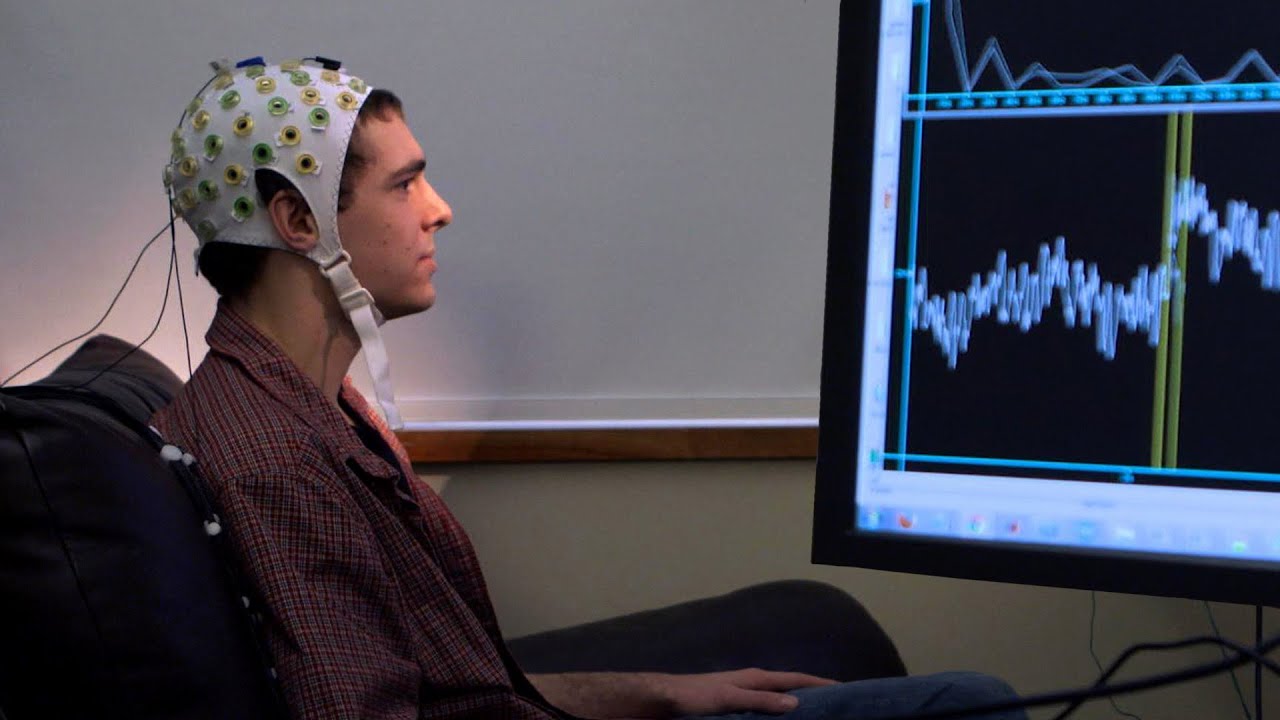Ethical issues involving computer technology are central to discussing this pioneering technology. Along with the potential benefits and prospects come complex issues that require careful consideration. The discovery of a pathway to direct brain-computer interaction raises a set of ethical dilemmas, generating excitement and interest in the scientific community.
Let’s briefly look at the major ethical issues that arise in the context of brain-computer interfaces and reflect on them together.
Ethics neurotechnology: Personal Privacy and Security
Attention to personal privacy and security is one of the major ethical concerns associated with brain-computer interfaces. Potential abuses, such as uncontrolled mind-reading or using data for manipulation, become actual threats.
Considering these challenges, robust encryption, authentication, and access control mechanisms must be developed to ensure the security of brain data and protect individuals’ privacy and intimacy. This raises important moral questions about the balance between the benefits of technology and preserving personal privacy.
It is essential to refer to current computer ethics articles, in which scientists and experts analyze the problems of brain-computer interfaces and offer recommendations for the ethical use of this technology. Such research and publications will help form the basis for discussing and developing ethical principles governing brain-computer interfaces.
Potential for abuse
If the computer or any other device is controlled by humans and not by AI, there is a chance of patient bias. Consider the dangers and possible adverse effects associated with this technology:
- Uncontrolled mind-reading. One major concern is the possibility of unauthorized access to the thoughts and intimate information stored in the brain. This can lead to a violation of a person’s privacy and intimacy and create the potential for manipulation and blackmail.
- Mind Manipulation. The use of mind manipulation tools challenges the autonomy and freedom of the individual. The ability to indoctrinate thoughts, emotions, or control behavior through such devices can lead to a loss of personal identity and autonomy.
- Control and supervision. There is a danger that the hardware can be used to control and supervise people. For example, technology can be used for surveillance, monitoring thoughts and behavior, undermining privacy, and creating the potential for oppression and control by authorities or corporations.
- Potential abuse. With the development of brain-computer interfaces come new opportunities for manipulation and abuse. For example, there is a risk of using technology to indoctrinate false beliefs or manipulate consciousness for commercial or political gain.
- Inequality and Accessibility. The issue of accessibility and equity arises in the use of technology. If such opportunities become available only to some groups of people, this may lead to increased inequality and create a digital divide between different social groups.
To minimize risks and negative consequences, the public, scientists, government, and non-profit organizations must actively discuss and develop ethical policies and practices that protect people’s rights and freedoms when using such cutting-edge technology.
Long-term effects of scientific research
The development and widespread use of brain-computer interfaces raise important long-term moral and social issues that require serious consideration. Below are some of these.
Changing human identity:
- How using brain-computer interfaces can change how we view ourselves as individuals. For example, the ability to expand our cognitive abilities or control our emotions can affect our self-awareness and self-determination.
- What would happen if people incorporated artificial enhancements into their brains? What would be the implications for our understanding of what it means to be human?
Relationships in society:
- The development of software could change our ability to interact and communicate with each other. What are the implications for interpersonal relationships and social dynamics?
- Questions arise about creating inequalities between those who can afford improved interfaces and those who cannot. How can we prevent deepening social gaps and ensure equal access to technology?
The long-term consequences of developing brain-computer interfaces require serious attention and an informed approach to minimize risks and maximize societal benefits. This calls for in-depth research, extensive discussion within brain-machine interface companies, and the development of an ethical framework that considers multiple factors and yields the best results for people and society.

